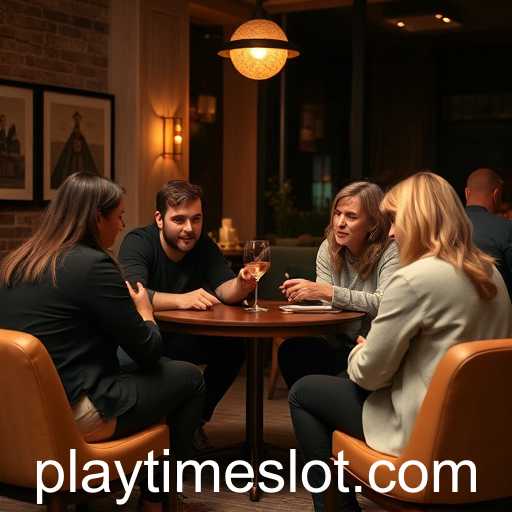As we find ourselves halfway through 2025, the landscape of the gaming industry continues to evolve at an unprecedented pace. One term that has come to embody this dynamic era in the world of gaming is "playtime." This concept not only refers to the hours spent in front of screens but also reflects a broader cultural shift in how individuals, both young and old, engage with interactive media.
A primary catalyst for these changes is technological advancement. Virtual reality and augmented reality have become mainstream, making playtime an immersive experience like never before. Gamers can expect to step into their favorite games, quite literally. These innovations have not only enhanced the entertainment value but also influenced educational sectors where gaming interfaces are used for learning and professional training purposes.
Moreover, the social aspect of gaming has been redefined. Games are no longer solitary activities but are now major social platforms. Online multiplayer games and massive online tournaments create communities where global fans connect and compete. These developments have contributed to the recognition of eSports as legitimate competitive sports, offering a professional route for enthusiasts.
Furthermore, with the increase in playtime, there has been a visible impact on gaming-related wellbeing and mental health discussions. Organizations and developers are becoming more aware of the potential negative effects of excessive gaming, promoting healthy playtime habits and integrating wellness features into gaming platforms.
All these factors illustrate that playtime is not just iterative enjoyment anymore; it is an intrinsic part of modern culture. Looking forward, the challenge will be to balance this increasingly digital world with real-world interactions and responsibilities.








